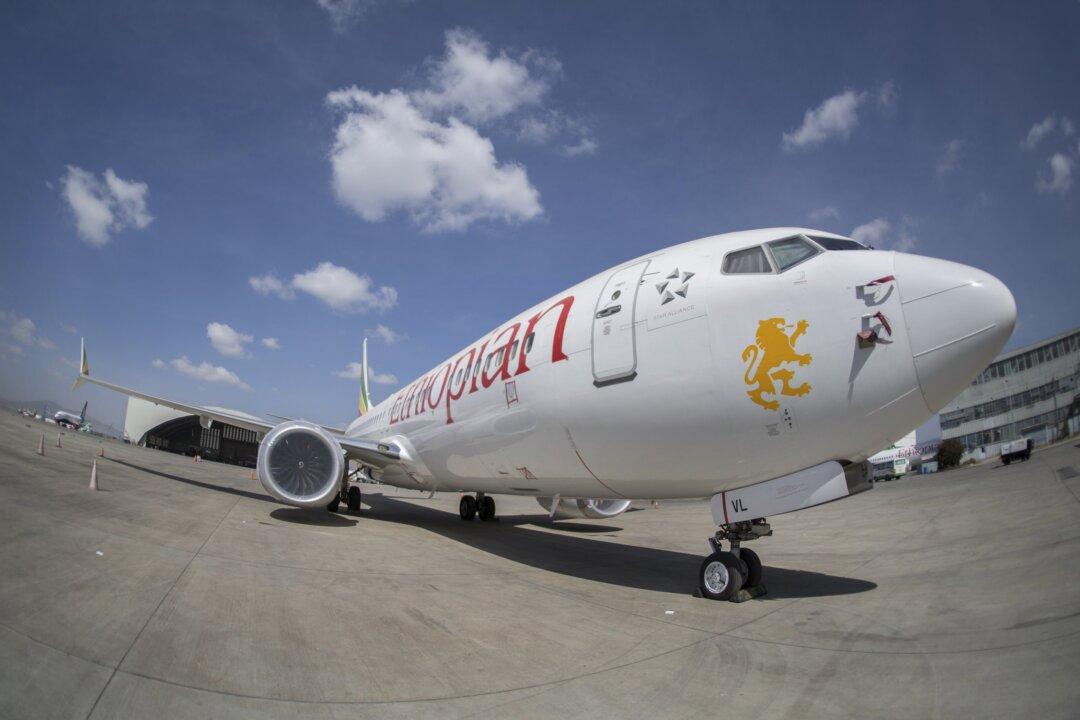SEATTLE/PARIS—Boeing Co suppliers, customers, and financiers braced on Dec. 16 for a possible freeze in Boeing 737 production for the first time in more than 20 years as the grounding of the best-selling MAX looks set to last well into 2020.
Two suppliers told Reuters that Boeing was likely to halt assembly of the jet, though some suppliers could be asked to keep producing to minimize disruption.





